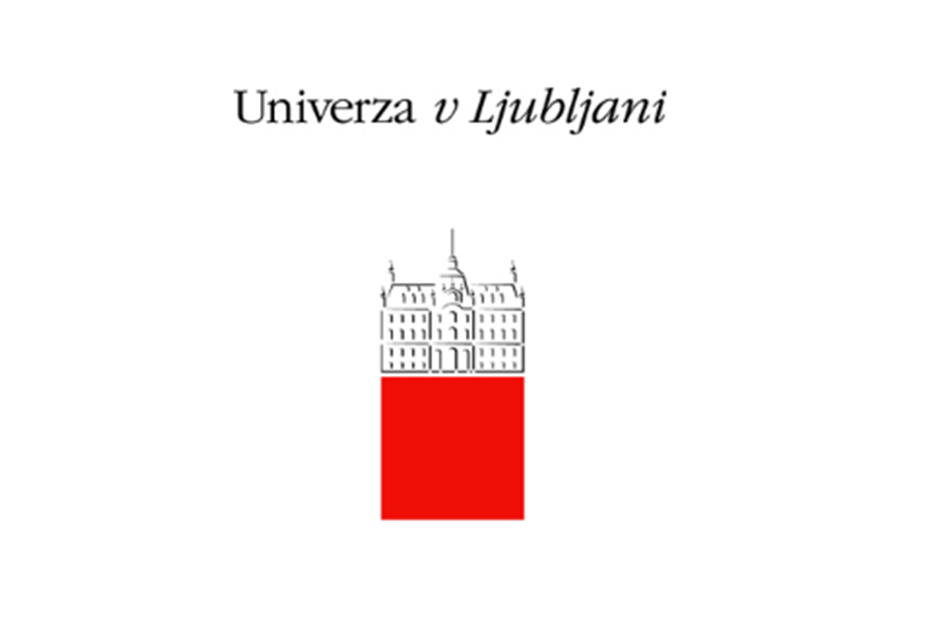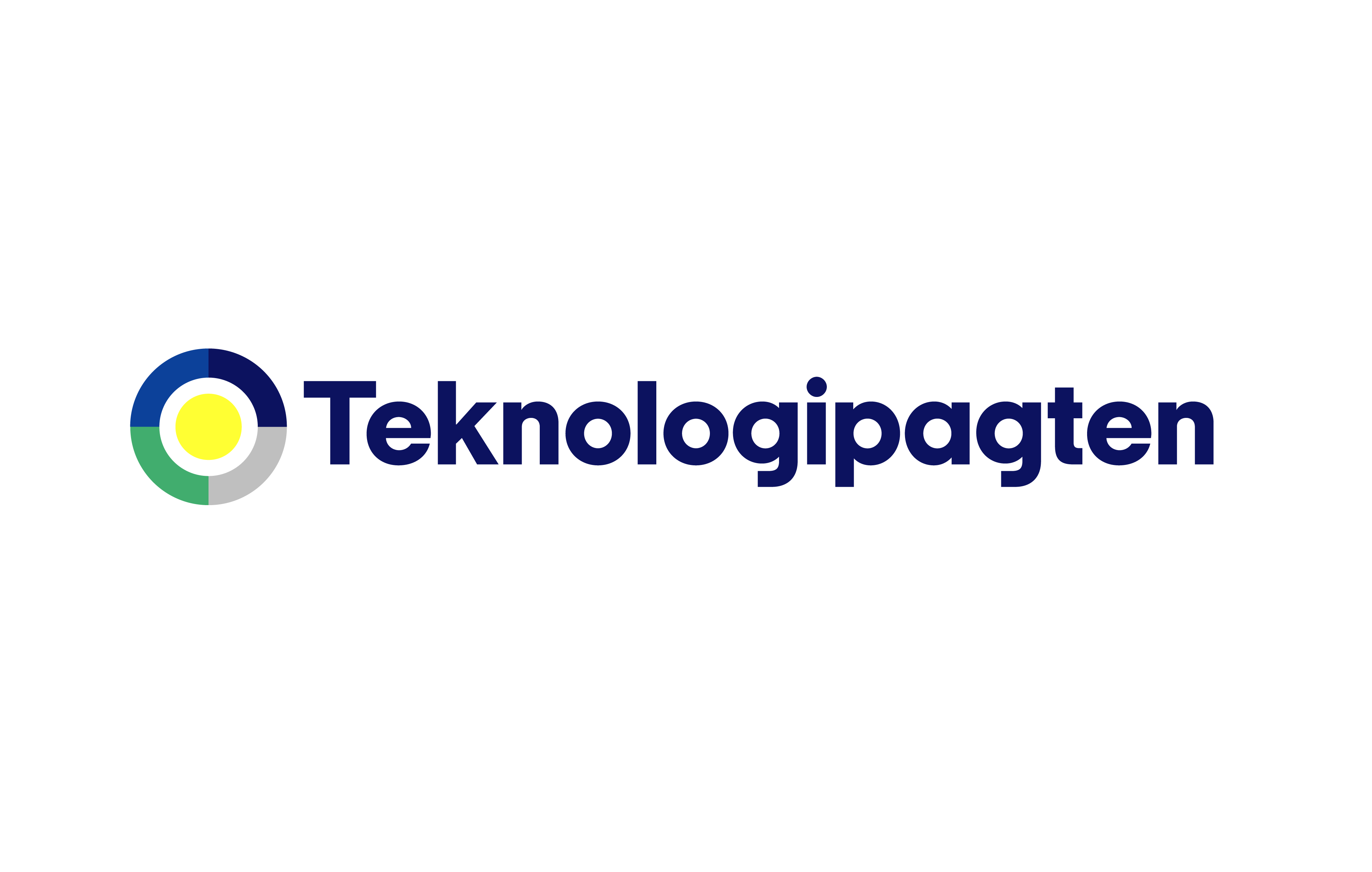Passport 2 Employability International
P2EINT (Passport to Employability International) is a medium-sized, multi-sectoral non-profit organisation focused on fostering entrepreneurship and enhancing employability across diverse sectors. Its scalable model emphasises empowering individuals, particularly young people, through collaborative partnerships, digital literacy, and employability pathways. P2EINT specialises in areas such as social enterprise, digital skills development, AI in digital marketing, and STEM education. It operates in both developed and developing regions, addressing socioeconomic challenges, especially among marginalised groups, including political asylum seekers, unaccompanied minors, and disadvantaged communities. P2EINT aligns its work with the UN 2030 Sustainable Development Goals and EU priorities.
Current Situtation in Malta:
- Curriculum Adaptation: Malta has been gradually updating its curriculum to incorporate STEM subjects more prominently. This includes introducing coding, robotics, and other technology-related topics in schools. However, the pace of adaptation can sometimes lag behind the rapid changes in technology.
- Teacher Training: Ensuring that educators are well-prepared to teach STEM subjects is a challenge. Adequate teacher training programs are crucial to help educators stay up to date with the latest developments in their respective fields and effectively teach complex STEM concepts.
- Lack of Specialised Facilities: Due to its small size, Malta faces limitations in providing specialised STEM facilities and resources, such as advanced laboratories and equipment. This can hinder students' exposure to hands-on learning experiences.
- Gender Imbalance: Like many other countries, Malta faces gender disparities in STEM fields. Encouraging more girls to pursue STEM subjects and addressing gender biases is essential to creating a more inclusive and diverse STEM workforce.
- Promoting Interest: While there is growing interest in STEM education, attracting and retaining students in STEM disciplines beyond mandatory education remains a challenge. Engaging teaching methods, real-world applications, and extracurricular activities are crucial for maintaining interest.
OPPORTUNITIES:
- Partnerships with Industry: Collaborations between educational institutions and industry can help bridge the gap between classroom learning and real-world applications. Industry involvement can provide students with practical experiences and insights into STEM careers.
- Digital Learning: Given its small size and connectivity, Malta has an opportunity to leverage digital learning platforms to enhance STEM education. Online resources, interactive simulations, and virtual labs can supplement traditional classroom learning.
- Global Networking: Malta can benefit from participating in international STEM initiatives, competitions, and partnerships, allowing students and educators to exchange ideas and experiences with counterparts from around the world.
- Teacher Professional Development: Investing in professional development opportunities for STEM educators can ensure that they are equipped with the latest teaching methodologies and are well-prepared to inspire and guide their students.














